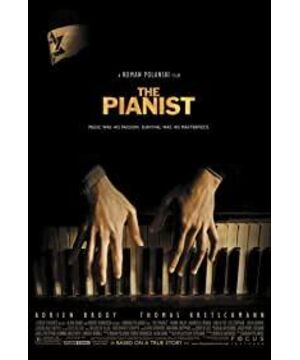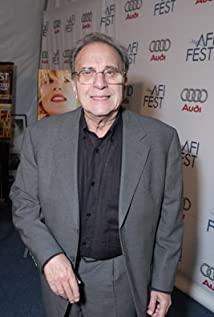When he fled to a dilapidated room on the top floor of an unmanned apartment, a Nazi officer spotted him and finally learned that he was a Jewish pianist.
According to normal logic, the Jews might be shot. But the Nazi officer didn't. Instead, he took him downstairs and brought him to a piano for him to play some tunes. No one else was present at the time. Rosh Pilman panicked for a while and then began to play. At first, the scale might not be very smooth due to tension. Later, he gradually improved and his playing became more colorful.
Some people say that the protagonist is cowardly, because he did not kill any Nazis, did not bandage the wounds for the resisting wounded, and did not detonate the tram. It can be said that he was a passive fugitive. But in fact, he was a native of Warsaw, and the music he played was Chopin's "Polish Dances". This is an anthem for Poland, an expression of patriotism, and a howl for victory. This is Luo The only heroic action that Spierman can make in his bitmap also explains why he hesitated for a while before starting to play the tune. Maybe when he just started to play, the tune did not come from Chopin’s "Polish Dance". Besides, he made such a decision next. Maybe he was thinking that since the Nazis will kill me at the end, why not burn the blood of patriotism at the last moment.
As for the Nazi officer, maybe he didn't realize that Rosh Pilman's music was from Chopin's "Polish Dance". If he could know it, he might be able to experience the crimes of war against Polish culture in his music. War and massacre cannot be eliminated, because Chopin's spirit is still alive and is reflected in the pianist.
View more about The Pianist reviews











